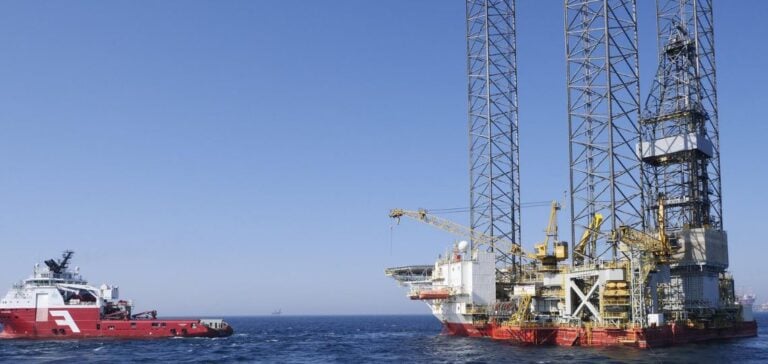Guyana has granted a new oil concession to ExxonMobil to develop a project in the Stabroek block, a maritime area disputed with Venezuela. Liam Mallon, president of ExxonMobil, said the project “will increase the country’s production capacity to around 1.3 million barrels per day”.
Venezuela’s firm response
The Venezuelan government, through its Minister of Foreign Affairs Yvan Gil, has “firmly rejected the illegal oil production license granted by the government of the Cooperative Republic of Guyana”. Venezuela insists that this area is one of the “maritime zones to be delimited”.
History of the conflict
The dispute between the two countries has intensified with the launch by Guyana of oil tenders in September 2023 in waters off the Essequibo. Guyana maintains that “the border, which dates back to English colonial times, was ratified in 1899 by a court of arbitration in Paris”. In contrast, Venezuela maintains that “the Essequibo River should be the natural border, as it was in 1777 during the Spanish Empire”.
Resolution efforts and diplomatic reactions
Tensions were temporarily eased in December at a meeting between the presidents of the two countries, when they agreed “never to resort to force”. However, Venezuela continued to actively contest Guyana’s rights to the Essequibo, exacerbating tensions between the two nations.
Essequibo socio-economic context
Essequibo, with some 125,000 inhabitants, represents one-fifth of Guyana’s population and two-thirds of the country’s surface area, making the conflict not only geopolitical but also crucial to the regional economy and demographics.
ExxonMobil’s new concession in Guyana, despite promises of economic development, continues to rekindle an old territorial dispute with Venezuela, with potentially serious implications for regional stability.






















